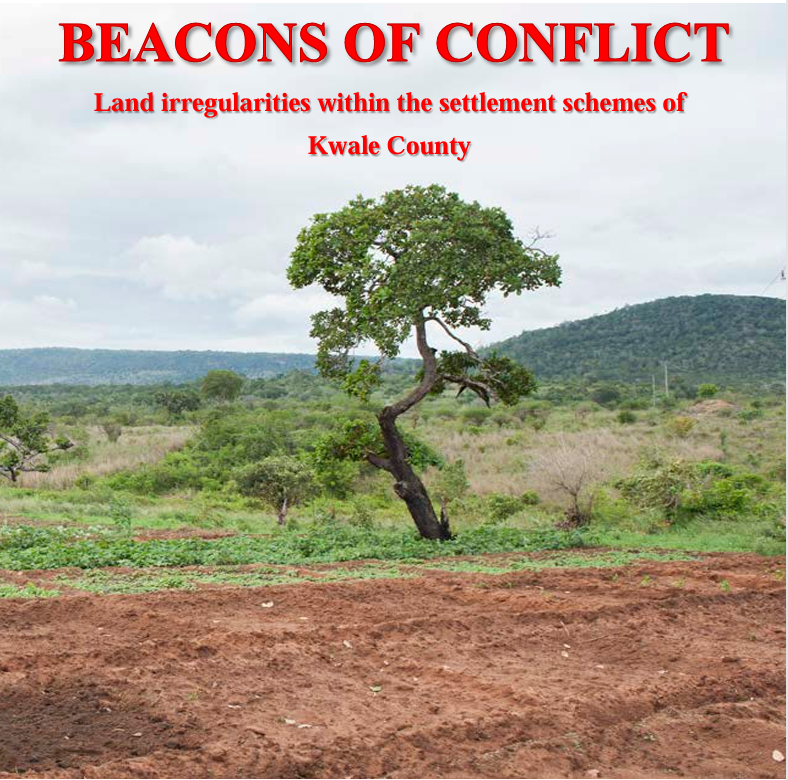Land Advocacy Project and Land Social Audit

Land Advocacy Project
The Land Advocacy Project was implemented in Mombasa, Kwale, and Kilifi Counties to strengthen the capacity of coastal communities, particularly youth, women, and other marginalized groups to understand their land rights under the new land laws in Kenya. The goal of the project was to advocate for the implementation of the National Land Policy and to equip the community and relevant state actors with skills and education to monitor land ownership issues. The project was supported by Akiba Uhaki foundation.
Land Social Audit
A social audit is a process that empowers community members to monitor the management of public resources, ensuring equity, fairness, and prudent utilisation of those resources. A land social audit is a form of social advocacy in which communities participate in evaluating the settlement scheme processes. It involves assessing the performance of the settlement scheme process and outcome in terms of their social, environmental, and community impacts, based on feedback from stakeholders.
Haki Centre conducted land social audits in the settlement schemes of Kwale County following a public outcry regarding the flawed processes in land allocation. Reports suggested that non-locals were allocated land before indigenous communities.
Additionally, land officials allegedly awarded plots to themselves, their families, and friends at the expense of deserving individuals. Community participation in the settlement process was minimal, and the process was not inclusive of all stakeholders. Furthermore, people felt there were administrative barriers to accessing title deeds.
These concerns required resolution through a transparent social audit to prevent potential conflicts among communities. The social audits were supported by USAID, Pact, and ACT! as part of the SAFE Coast Project, under the Kenya Civil Society Strengthening Programme (KCSSP). More about the social audit can be found in our publication, The Beacons of Conflict.
Opening Hours
Sat : Closed
Sun : Closed
Public Holiday : Closed
